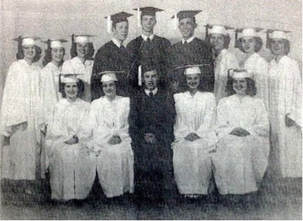Cutting Room Floor
In 2017, I published A Precious Heritage: Rabbinical Reflections on God, Judaism, and the World in the Turbulent Twentieth Century, composed of thirty-six selected sermons written by my father, Rabbi Sidney Ballon. There were dozens of other excellent sermons that could just as easily been included in the limited volume, but for various reasons were left on “the cutting room floor.” Here are thirty of those in reverse chronological order dating from 1974 back to 1937. Much as the sermons in the book, these provide real time glimpses of bygone eras and, in some cases, sadly demonstrate how little things have changed. Select a sermon to read by clicking on the titles below.
Scans of dozens of additional sermons and writings may be accessed here: CLICK
Scans of dozens of additional sermons and writings may be accessed here: CLICK
NOTE: Bear in mind, my father’s drafts for oral presentation don't always meet the standards that are usually demanded of the printed page. The sermons published here have not gone through the rigorous editing process to correct for that as did the ones in the book. There may also be some transcription errors where my dictation software misinterpreted my reading of a sermon. Forgive me for not scrutinizing these texts as much as they deserve, but I hope you get the gist of these such as they are. I'd be happy to receive any suggested corrections you may offer. Moreover, these sermons include some statements that do not meet twenty-first century standards of sensitivity with regard to race, gender, and ecumenism. Rather than sanitizing this language, I have left these words and ideas as written, if for no other reason than to reveal the norms of another era. Often, the underlying message is acceptable if one is willing to disregard these anachronistic flaws.

 RSS Feed
RSS Feed
